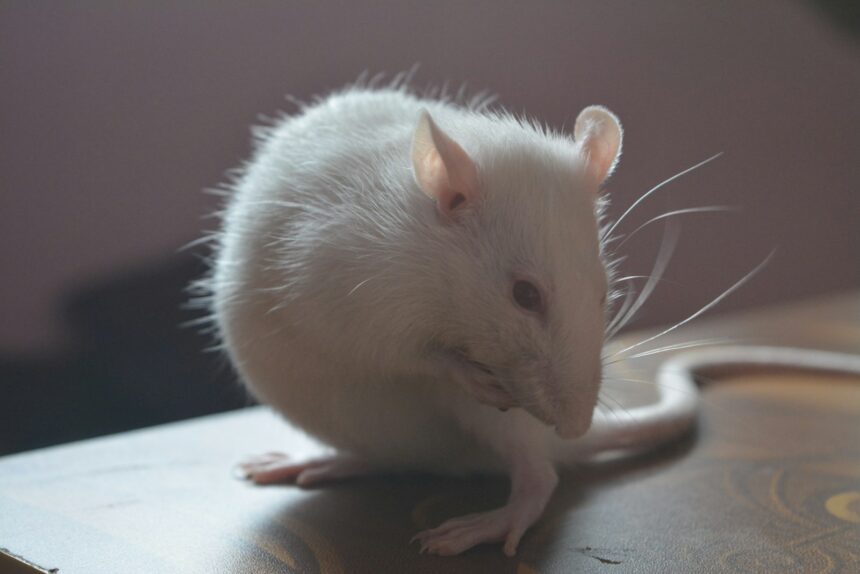A study published in the journal Lab Animal has found that the temperature of a mouse’s environment can significantly affect how fast food moves through its gut. Researchers observed that mice kept at 22°C had almost twice the gut transit speed compared to those housed at 30°C. The difference was mainly in the colon, where transit speed at the lower temperature was about three times faster.
The study linked this increased motility to stress. Mice at 22°C showed higher activation of the hypothalamic–pituitary–adrenal (HPA) axis, a central stress response system. When the stress hormone corticotropin-releasing hormone (CRH) was removed through pharmacological or genetic methods, the fast gut transit in stressed mice slowed down. In contrast, mice in the warmer 30°C environment, which showed lower stress, did not experience similar changes.
Similar: Brain-Wide Map Shows How Prior Knowledge Guides Mouse Decisions
Researchers also looked at the gut microbiota, which is known to influence digestion and motility. While there were differences in the microbial communities between the two temperature groups, these differences did not explain the faster gut movement in the colder environment. This suggests that the main factor driving the increased motility is stress, not changes in gut bacteria.
The findings have implications for laboratory research using mice. Many labs maintain mice at room temperature, around 22°C, which is below the animals’ thermoneutral zone. This could unintentionally introduce stress that affects gut function, potentially influencing the results of studies on digestion, metabolism, or drug testing.
The study highlights the importance of considering environmental conditions in animal research. By understanding how stress and temperature interact to affect physiological processes like gut motility, researchers can design experiments that more accurately reflect normal mouse biology.
These results also point to a broader principle: stress can directly influence bodily functions beyond the brain, affecting systems like the digestive tract. Hormonal pathways, such as those involving CRH, can change how the gut moves, which could be relevant not only for lab animals but also for understanding stress-related gastrointestinal issues in humans.
Story Source: Temperature-dependent differences in mouse gut motility are mediated by stress, Lab Animal, published in Nature, licensed under CC BY 4.0.
Note: Content may be edited for style and length.







